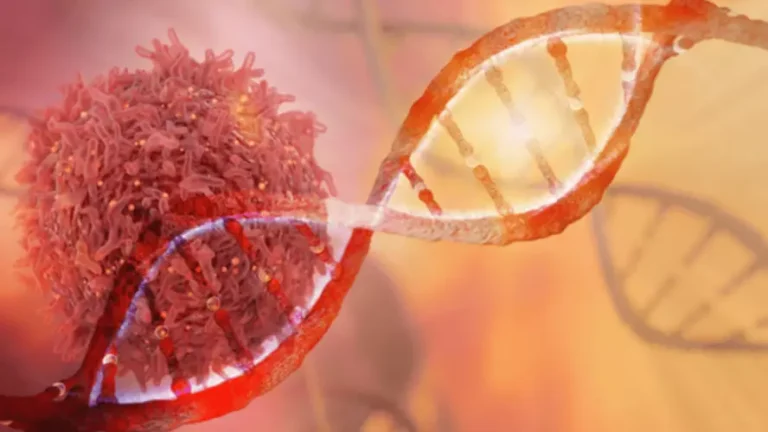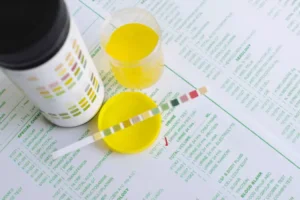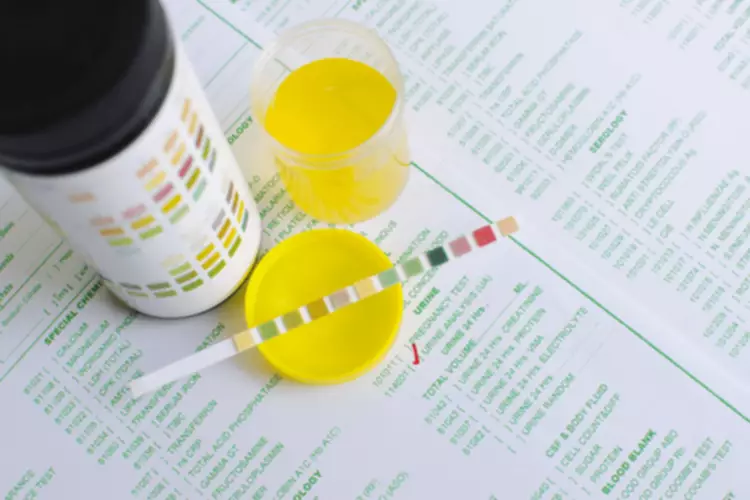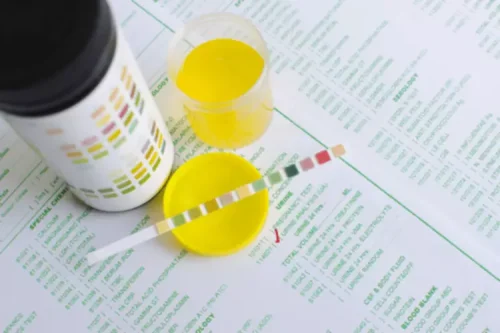Overall, mindfulness in recovery aids individuals in building healthier coping mechanisms, ultimately supporting their journey towards sustained sobriety. Incorporating mindfulness routines into daily life also helps individuals establish positive habits that fill time constructively, reducing boredom—a common relapse trigger. That’s precisely the moment when adding mindfulness and meditation to your addiction recovery program could reboot your enthusiasm and re-energize your journey. Although mindful meditation cannot cure cancer, studies have found it helps lung cancer and breast cancer patients deal with pain, stress, low self-esteem and fatigue. One study also found people with chronic pain who meditated were able to reduce their pain by up to 42%, which led to better sleep, improved mood and better activity levels. Meta-analyses indicate that TM is superior to other methods of stress-reduction in decreasing blood pressure 129 and anxiety 130,131.
Overcoming Acute Alcohol Withdrawal Challenges
Mindfulness is perhaps the most popular and scientifically studied form of meditation for substance abuse recovery. It is a practice of nonjudgmental, nonreactive awareness of one’s present-moment experience, including one’s thoughts, feelings, sensations, and perceptions. Mindfulness practice can enhance the performance of the prefrontal cortex, the area of the brain that regulates planning and thinking.
Dealing with Depression
This focus on the now enhances well-being by facilitating a greater appreciation of life’s simple pleasures and fostering deeper connections with loved ones. The 61 studies in this meta-analysis (MA) are more than the previous MAs on meditation for treating PTSD, which ranged from 8 to 21 studies 16,37,111,112,113. Previous MAs had fewer studies because they included only between-group effects from RCTs, whereas we included within-group effects from RCTs, CTs, and Single Group studies. Similarly, our meta-regression found only slight evidence for a larger effect with younger populations for TM and OM, but no age effects for MBSR or MBO. However, none of these studies were designed to study the effects of age, which we suggest will be important for future studies. Studies on the effects of age would need to be designed to have a systematic spread of age groups treated under the same or similar conditions, the same populations using the same meditation technique.
Red Flags of a Secret Alcoholic
- The type of meditation that works best for you in your addiction recovery will depend on your personal preferences.
- When someone struggles with an addiction, the primary focus is on the addict.
- Nonetheless, many resources exist that provide medical care and supportive services to address this concerning health issue and help those affected transition towards living happier and healthier lives.
- Along with treatment solutions that take a person’s individual needs into account, there are supplemental therapies that can help promote healing and recovery.
- Many studies indicate that mindfulness meditation – a specific type of meditation – that focuses on awareness of the present moment may help reduce cravings for drugs and alcohol.
The brain is the only organ that’s shaped by experience and practice, much like a muscle gets bigger and stronger with exercise. In the past, when you repeatedly engaged in specific thoughts and behaviors that propelled your addiction, you unknowingly shaped your brain in ways that worked against you and prevented you from being mindful. Meditation can also help you deal withprotracted withdrawal, which involves symptoms like anxiety, difficulty making decisions and strong drug cravings that last for several months after drug use is stopped. SAMHSA recommends that people find ways to exercise their minds and bodies to prevent themselves from relapsing during the protracted withdrawal phase. All meditation involves being mindful (or present in the moment), but mindfulness meditation emphasizes this.
The road to recovery is possible, and as we move along it, support is certainly required. May this free guided meditation for addiction serve to uplift you on your journey of growth and transformation. Employers can also contribute by including mental health benefits in workplace meditation for addiction recovery insurance plans and creating employee assistance programs (EAPs).
Overall, it just leaves people feeling drug addiction treatment better and that allows more positive things to happen. For example, using it in a mental health situation could help people calm down so they can form better connections with their therapists. This then leads to better counseling sessions moving forward,” Sobo says. Physical activity releases endorphins, which improve mood and reduce stress.
How the Normalization of Drug Use in Society Can Lead to Addiction
Moreover, building a supportive community environment through shared mindfulness practices amplifies recovery efforts. Engaging in mindfulness with peers can create a sense of unity, reinforce motivation, and strengthen interpersonal connections, ultimately enhancing collective resilience. Mindfulness enhances self-regulation and emotional control by promoting self-awareness and cognitive control. This heightened awareness allows individuals to recognize and manage automatic triggers related to stress and cravings more effectively. Our dedicated team is committed to transforming lives, not just treating addiction. Beginning a meditation practice can be as simple as dedicating a few minutes each day to quiet reflection and deep breathing.
How Meditation for Substance Abuse Treatment Can Help
There has been much discussion and research on mindfulness as the key ingredient of successful meditation. Now we are suggesting a different paradigm, with the study of transcending as potentially the key ingredient. In this meta-analysis, we have argued that transcending is the reason that TM is successful, and not transcending is the reason that other meditation techniques are of limited efficacy. Perhaps a systematic search for transcending will lead to discovery of other meditation techniques that result in it. Table 8 shows the prediction interval and other heterogeneity statistics. Fixed effects are shown in the top half of the table, mixed effects below.
- Incorporating meditation into one’s personal journey of recovery can be a transformative step.
- Tools like journaling, therapy, and reaching out to a support network can help address emotional and mental struggles before they escalate.
- If you are still determining which type of meditation is right for you, consider trying a few different types and see which ones feel most comfortable and beneficial.
Mindfulness Practices to Step Up Your Recovery
According to Sobo, NADA acupuncture is more effective when participants are receptive and committed to treatment. NADA has even stated that the protocol is safe for those who are pregnant. The group reports having a very successful documented history of treating https://ecosoberhouse.com/ pregnant people who are living with addiction. While traditional acupuncture sessions might involve the placement of needles in different points on the body, the NADA protocol is an auricular or ear therapy.









